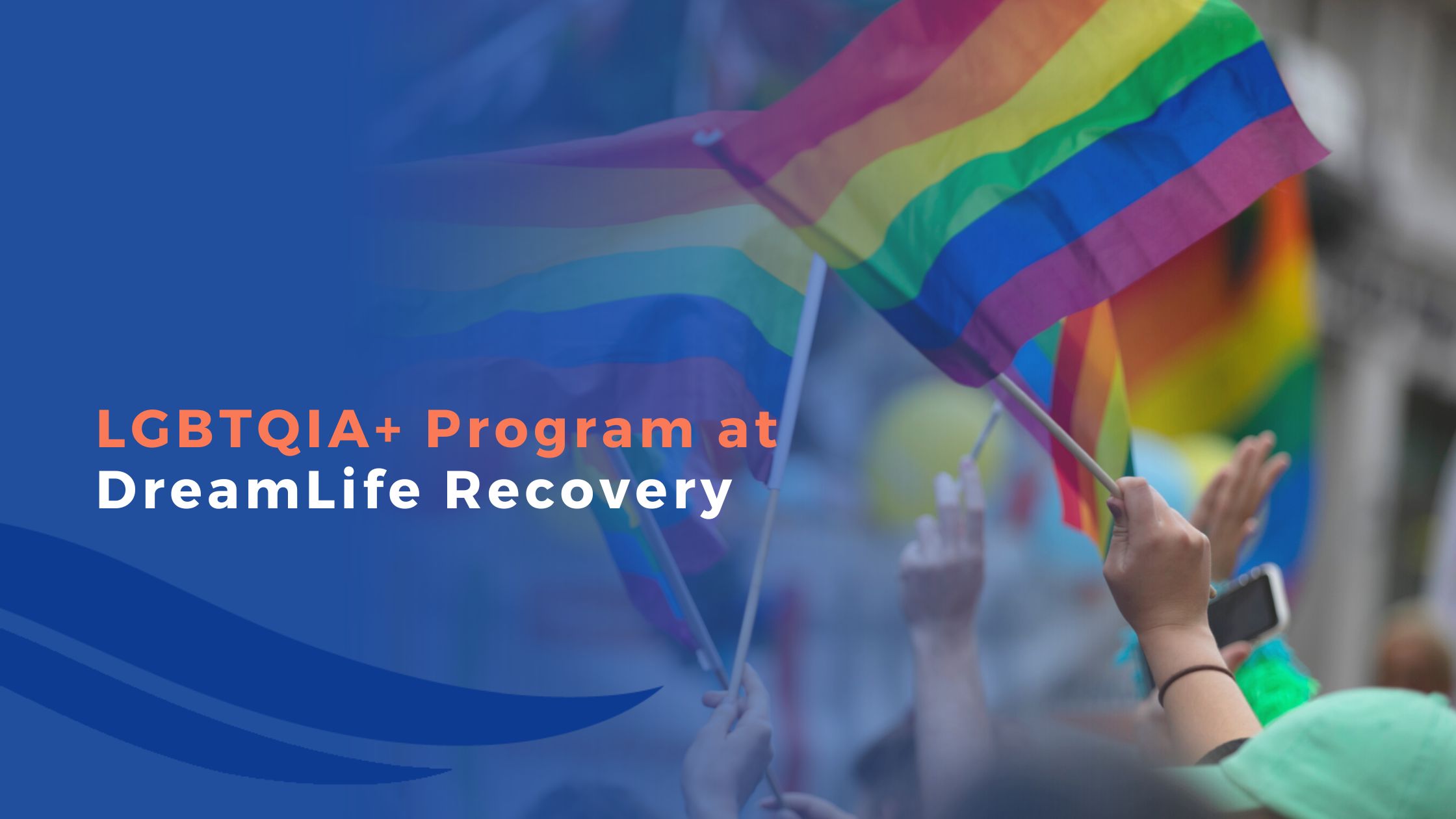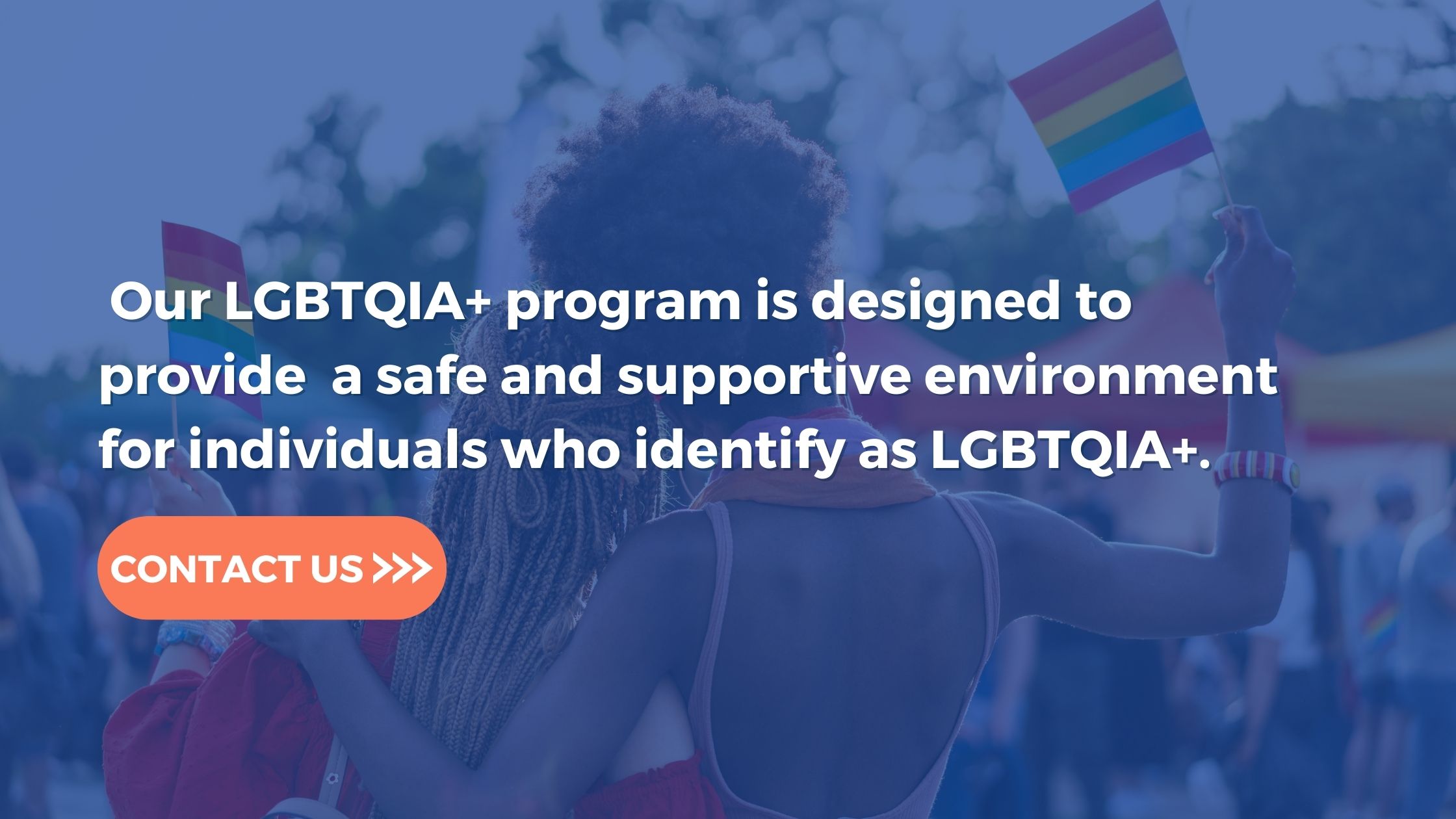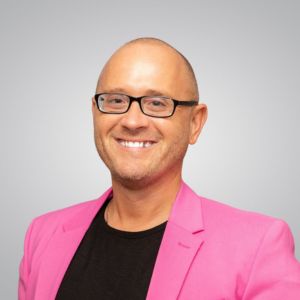LGBTQIA+ Program at DreamLife Recovery
June 1, 2023 - Clinical Report
Medically Reviewed by David Knisely


Written By
DreamLife RecoveryAccording to SAMHSA, 39% of queer adults have utilized illicit drugs in the past year, this accounts for 17% of the LGBTQIA+ population. A study completed by PubMed Central stated that a third of the members of the LGBTQIA+ community have substance use issues. The American Psychiatric Association reports that LGBTQIA+ individuals are more than twice as likely as heterosexual males and females to have a mental health disorder and 2.5 times more likely to experience depression and anxiety. Transgender individuals consider suicide at a rate of 30.8% versus 2.3% of heterosexual individuals. Gay and Lesbian individuals are 2 to 6 times more likely to commit suicide than heterosexuals, despite certain beliefs being a member of the LGBTQIA+ community is not a mental health disorder. Mental health disorders are characterized by an impairment in judgment, stability, reliability or social and vocational capabilities. 15%of LGBTQIA+ Americans report postponing or avoiding medical treatment due to discrimination, including nearly 3 in 10 transgender individuals.
There are a variety of issues that contribute to substance misuse and instability with mental health concerns within the community. These issues include but are not limited to violence, discrimination, poverty, lack of legal protection, lack of representation and lack of social acceptance. Although many of these issues are also areas of concern outside of the LGBTQIA+ community, for individuals within the community they are often barriers that are substantial. 12% of the total population within the United State identifies as part of the LGBTQIA+ community. Individuals that struggle to accept their sexual identity are 5 times more likely to have a substance use disorder. To avoid the experience of discrimination, more than half of LGBTQIA+ Americans report hiding a personal relationship, and about one-fifth to one-third have altered other aspects of their personal or work lives.


Members of the LGBTQIA+ community often struggle with accepting their sexuality or identity, this internal homophobia leads to self-harm, eating disorders, isolation and suicidal thoughts and attempts. A lack of resources and facilities that focus on LGBTQIA+ specific issues can further increase those feelings of isolation. Around 3 in 10 LGBTQiA+ Americans faced difficulties last year accessing necessary medical care due to cost issues, including more than half of transgender Americans.
Dreamlife identifies that the LGBTQIA+ population is an underserved population. Our program offers an LGBTQIA+ track that includes individual and group sessions specific to members of the community. Clients are engaged in the treatment process starting from the intake when asked what their pronouns are in order to create an inclusive and affirming environment for clients. Individual sessions focus on the “coming out process”, trauma, misgendering, acceptance, self-love, relationships and self-esteem. Clients participating in the LGBTQIA+ group form support within the community and allies while in treatment. Each client has an individualized treatment plan to meet their needs while in treatment that can include EMDR sessions to address trauma related to their chemical usage. According to SAMSHA, Addiction treatment programs offering specialized groups for LGBTQIA+ individuals, showed better outcomes for those clients compared to non-specialized programs. Clients upon discharge are scheduled with LGBTQIA+ aftercare, with resources that connect them the LGBTQIA+ community when possible.
The “coming out” process is completed in stages for the LGBTQIA+ individual. The stages include self-discovery, which is the individual becoming aware of their same-sex attraction or gender identification and the emotional conflict that can be associated with this stage. The second stage is sharing one’s self-identity to others in the hopes of positive reinforcement from friends and family. The third stage is socializing with other members of the community. This stage allows for the individual to address feelings of isolation or feelings of not belonging. In this stage, it is imperative for the individual to surround themselves with positive members of the LGBTQIA+ community as it strengthens the individual’s acceptance and validation. The fourth stage is positive self-identification, in this stage the individual identifies that attraction and relationships with the same gender are normal. The last stage is integration and acceptance. This stage allows the individual to affirm themselves, their relationships and assist others in self-acceptance. Often when clients enter treatment, they are in the initial stages of the “coming out” process, which has become complicated with their substance use and unstable mental health.
Dreamlife Recovery works diligently to create an inclusive environment, not only for our LGBTQIA+ clients, but for all clients seeking treatment with our facility. Specifically, the staff is trained on the importance of pronouns, gender identification and affirming services for our LGBTQIA+ client. We strive to provide a safe and supportive environment that allows clients to address contributing factors to substance misuse, stabilize mental health concerns and assist in the client loving and accepting themselves. We work to create an inclusive environment with members of our staff being alleys, as well as members of the LGBTQIA+ community.
Join our LGBTQIA+ Program at DreamLife Recovery
At DreamLife Recovery, we believe that everyone deserves access to comprehensive care that is tailored to their unique needs. Our LGBTQIA+ program is designed to provide a safe and supportive environment for individuals who identify as LGBTQIA+. If you or a loved one is interested in learning more about our program, please click here or call us at (855) 384-5808. We are here to help you every step of the way on your journey towards recovery.








